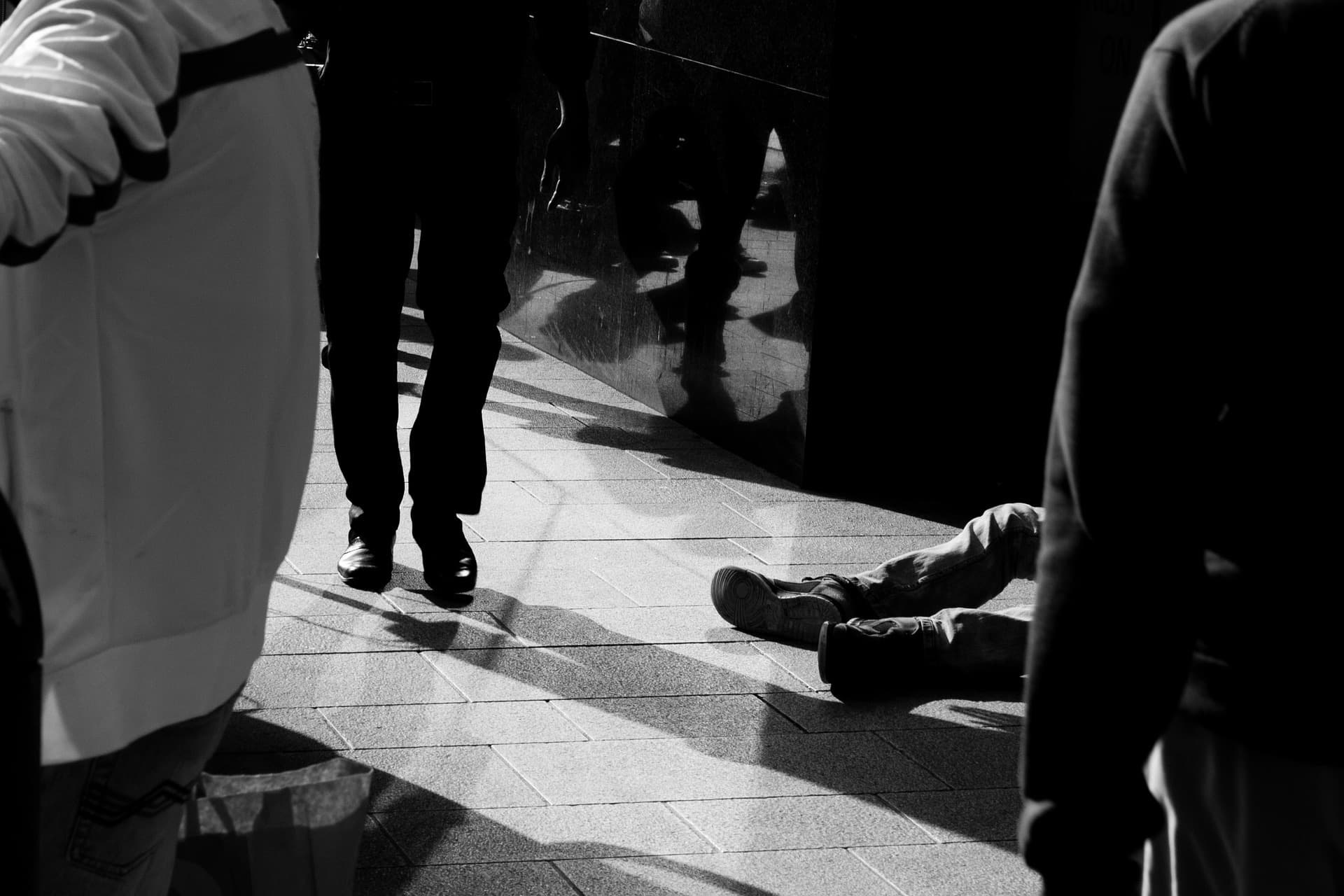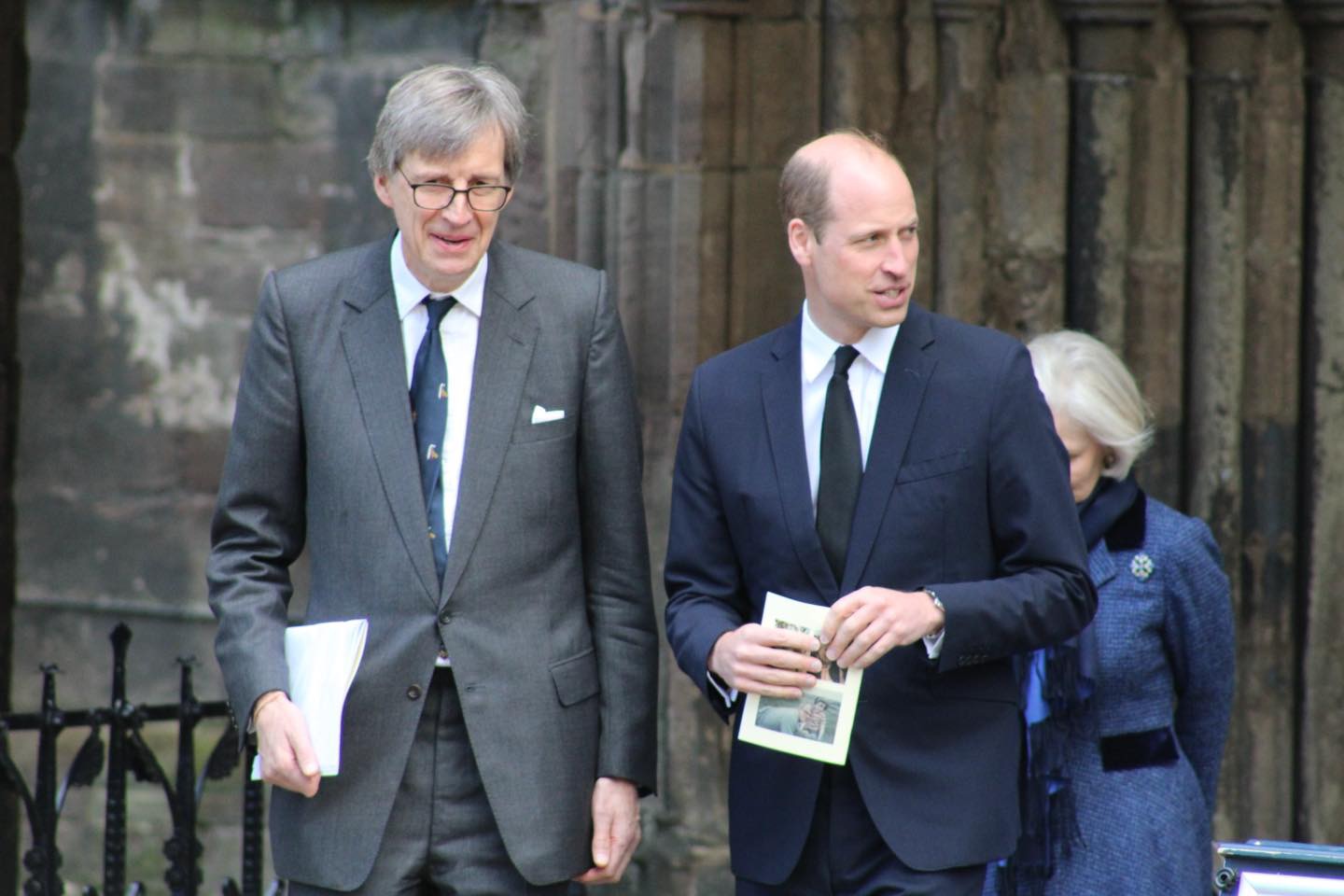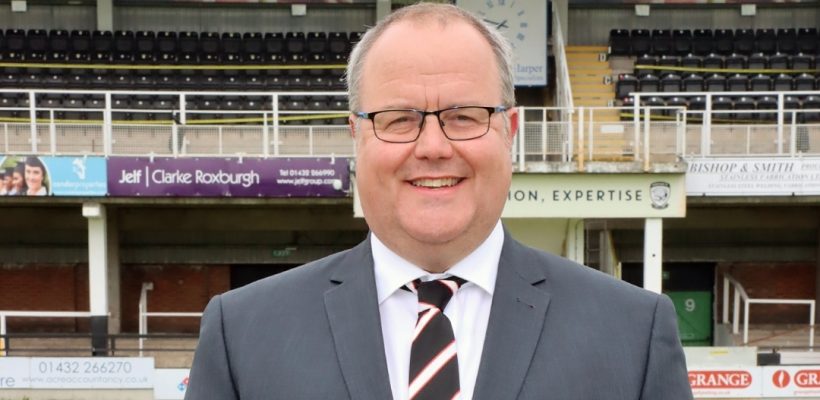At the start of the Coronavirus pandemic, the government said their aim was to see all homeless people housed within a weekend.
Mayor of London, Sadiq Khan, worked alongside the Ministry of Housing, Communities and Local Government (MHCLG) and other homeless charities and created a joint initiative which saw more than 1,000 of London’s homeless community put up in hostels. While this is an encouraging step there is thought to be at least 900 people still sleeping rough on the streets or in shared facilities like hostels.
Crisis, the national charity for homeless people expressed their concern, stressing that the homeless population are three times more likely to have a chronic health condition. Their worries include the homeless community’s inability to self-isolate and the struggles they face to follow social distancing procedures. They are of course unable to follow sanitation guidance leaving them more vulnerable and at an increased risk of contracting the virus.
Research conducted by the University of College London’s (UCL) Collaborative Centre for Inclusion of Health showed the Covid-19 death rate among those accommodated in London’s hostels is 25 times higher than the general adult population. Research revealed 38% of hostels in the UK’s capital had residents with suspected Coronavirus. Findings showed 35% of hostels hit with Covid-19 cases are still seeing their residents using communal facilities while 41% of residents who are ill are still having to share bathrooms with others.
Matt Downie, Crisis’s director of policy and external affairs said charities ongoing work to help the homeless was “by no means done.” Downie discussed the risk of complacency and said “we mustn’t congratulate ourselves because the rough sleepers who are still out there are in absolutely desperate situations.”
UCL initially set out a model of the homeless situation which predicted 900 deaths within the homeless community as well as 12,000 hospital admissions if stronger action is not taken.
Director of UCL’s Institute of Epidemiology and Health Care, Professor Andrew Hayward worked alongside MHCLG and created plans which would see the testing of residents in hostels with Coronavirus symptoms. It would also include moving those who could not self-isolate to special facilities in empty hotels.
Hayward has since claimed there has been no implementation of these plans by the government which “leaves the homeless sector with no plan of action and no central government guidance on how to reduce the threat of outbreaks or respond to outbreaks.” Hayward continued to say that while hostels have stepped up more vigorous cleaning and the enforcement of the two metre social distancing rules “they cannot contain all the risks. There is a real danger we will see explosive outbreaks in hostels with large numbers of hospitalisations and deaths.”
Amenities that homeless people have always relied on for shelter in towns and cities are now closed, leaving them with even less places to go. It is thought that approximately 200 homeless people are now using Heathrow Airport as a place for shelter. Airport bosses, though not specific with exact numbers said they are working with a number of agencies to find other options for rough sleepers.
MHCLG are leading the support for homeless people regularly sleeping at Heathrow Airport and councils have received £3.2 million to help the homeless communities. A spokesperson for MHCLG said “we have worked with Hillingdon Council and the Greater London Authority to ensure the vast majority of rough sleepers who were previously sleeping in Heathrow Airport have been given offers of safe and suitable accommodation.” MHCLG emphasised that they have not forgotten about those who have not yet been given a place of safety and “will continue working with them to ensure those who remain are also protected from the pandemic.”
Conservative politician and Minister for the Cabinet Office, Michael Gove said this week that nine in ten homeless people have been offered safe accommodation since the start of the pandemic.
Streets Kitchen, a UK and Ireland grassroots group providing daily help from the homeless community had their doubts about this figure. Founder of Streets Kitchen, Jon Glackin, said “it doesn’t feel that 90% of homeless people have disappeared from the streets. The governments estimate of how many rough sleepers there are might not be right either.”




